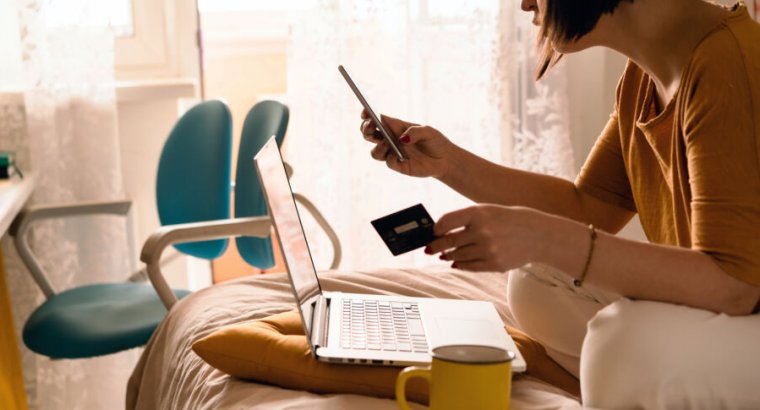
This August, Facebook will be making its Facebook Pay payment service available outside its own platforms for the first time. Facebook’s announcement describes the move as providing a mobile-friendly seamless checkout experience for businesses that elect to use it, pointing out that Facebook users already use the service to send money and buy items in Facebook Shops and the Facebook Marketplace.
There isn’t much meat in Facebook’s announcement, which mostly rehashes feel-good bullet points that apply to the entire online financial industry, not just Facebook Pay—for example, the system’s use of encrypted storage and the fact that businesses accepting Facebook Pay don’t need to manage customers’ card or bank account numbers. While these features sound good at first blush, they’re both de rigueur, not innovations—the majority of online stores already use third-party payment processors that manage credit card and bank account numbers for them.
Facebook pledges that Pay users’ credit card and bank account information won’t be used to “personalize their experience” or target advertisements. The company also says that payments and purchases will not be shared with a user’s friends or to a user’s profile or feed. It’s worth noting that these are explicitly separate promises, though—Facebook isn’t promising that payments and purchases won’t be used for “personalization” or ad targeting.
Checking Facebook Pay’s privacy matters blog post makes that last point quite clear:
As with our other products, the actions you take with Facebook Pay can be used for purposes such as to deliver you more relevant content and ads, to provide customer support and to promote safety and integrity (e.g., to investigate violations of our payments policies). For example, if you buy a baseball glove on Facebook Marketplace, you might see an ad for a baseball bat.On the plus side, at least direct email marketing spawned by Facebook Pay activity is opt-in, not opt-out; the same blog post says that “businesses and nonprofits will only be permitted to use [your email address] for marketing purposes if you opt in.”
Facebook Pay’s first steps outside the Facebook ecosystem will be on Shopify stores only, but the service is expected to expand further to more shopping platforms and payment processors over time.
https://arstechnica.com/?p=1780591

